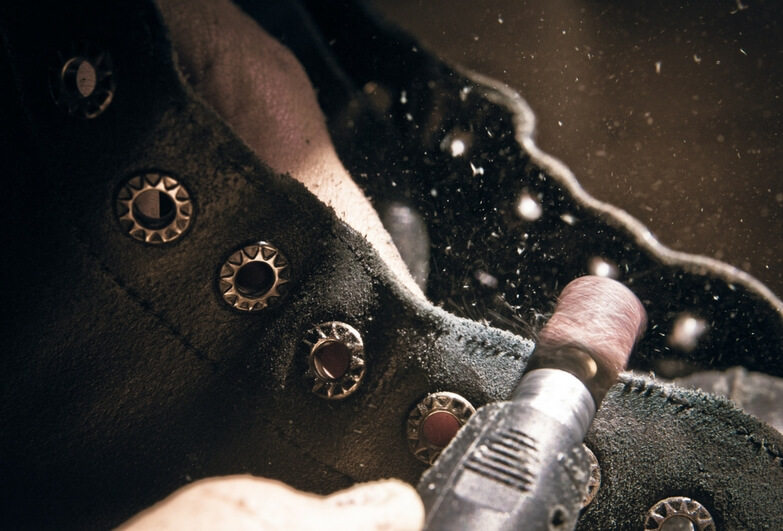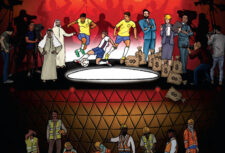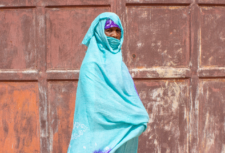Disclaimer: This article is more than 7 years old, and may not include the most up-to-date information or statistics. Please verify information with more recent sources as needed, and if you have any questions contact our Press Office.
Press and Digital Media Manager Jakub Sobik

17 May 2016
The investigation by the Sun newspaper brought to light practices used by big clothing brands to produce their products. It claims the factory in Sri Lanka sewing the items for Beyonce’s Ivy Park line for Topshop is exploiting women working there, making them work really long hours with very limited time off, treating them ‘like slaves’, and locking them up for the night ‘for their own safety’.
With what is being described by the Sun it looks like a case of exploitation, bordering on modern slavery.
Companies like Topshop have a duty to proactively make sure that such things are not happening, and clearly Topshop have some questions to answer here. The company responded to allegations saying that they carry out regular “factory inspections and audits”, and I’m sure that’s the case. However, it has long been shown many of the supposed “ethical audits” that are carried out by companies fail for a number of reasons to uncover bad practices. They should be replaced by truly independent and credible systems of investigation and inspection.
One thing to say is that in my opinion it shouldn’t be about picking on Beyonce, or even Topshop, even though both probably should have done more. Topshop were unlucky to have been reported on. But that doesn’t mean others are clean.
Supply chains are hugely complicated, and the truth is, there isn’t such a thing as a ‘slavery free supply chains’. It is impossible to be 100% sure that all the elements of your supply chains are exploitation free, there are too many of those elements, and some might be out of company’s control.
However, that doesn’t mean that the companies shouldn’t try. British companies have a responsibility to prevent forced labour of workers in their supply chain and are legally bound by the Modern Slavery Act to report on their efforts in that respect.
So one question is: did Topshop do enough in this case, even if it’s not proven to be slavery?
But even bigger question is: What are they – and all the others! – going to do to ensure an end to the abuses of vulnerable workers that stories such as these expose.
Follow Jakub on Twitter: @notravic





